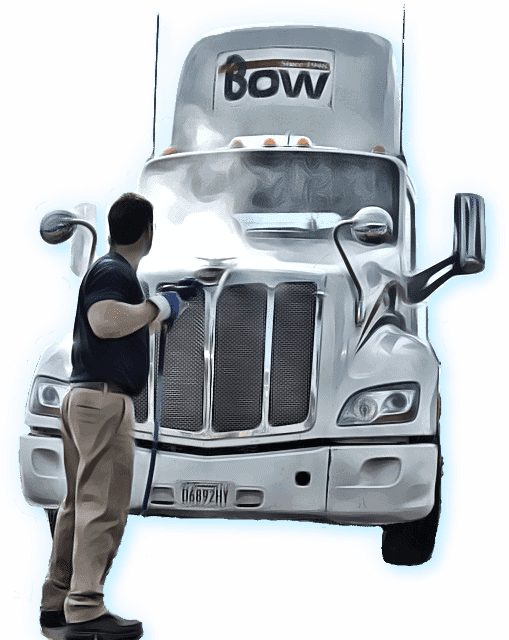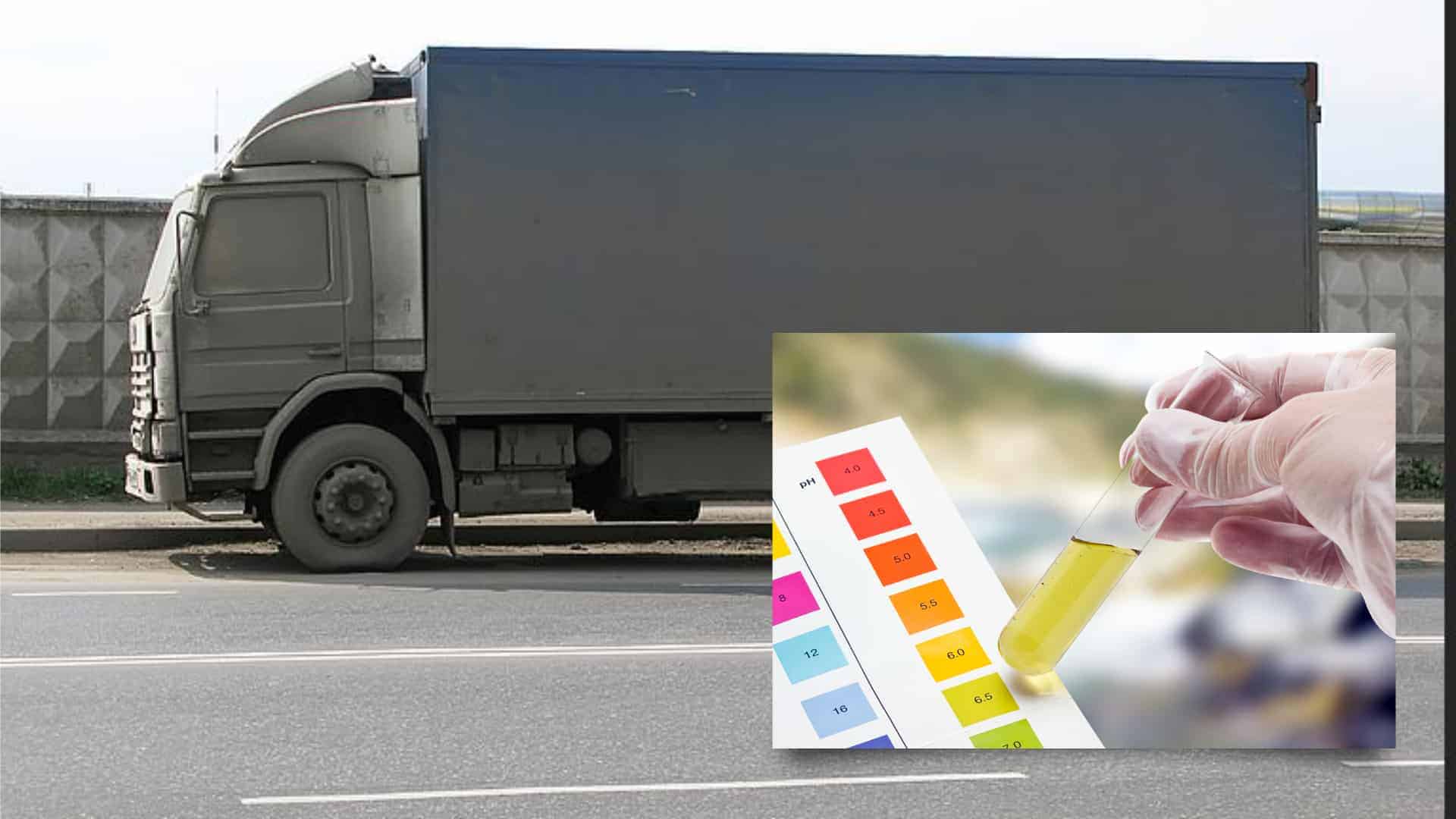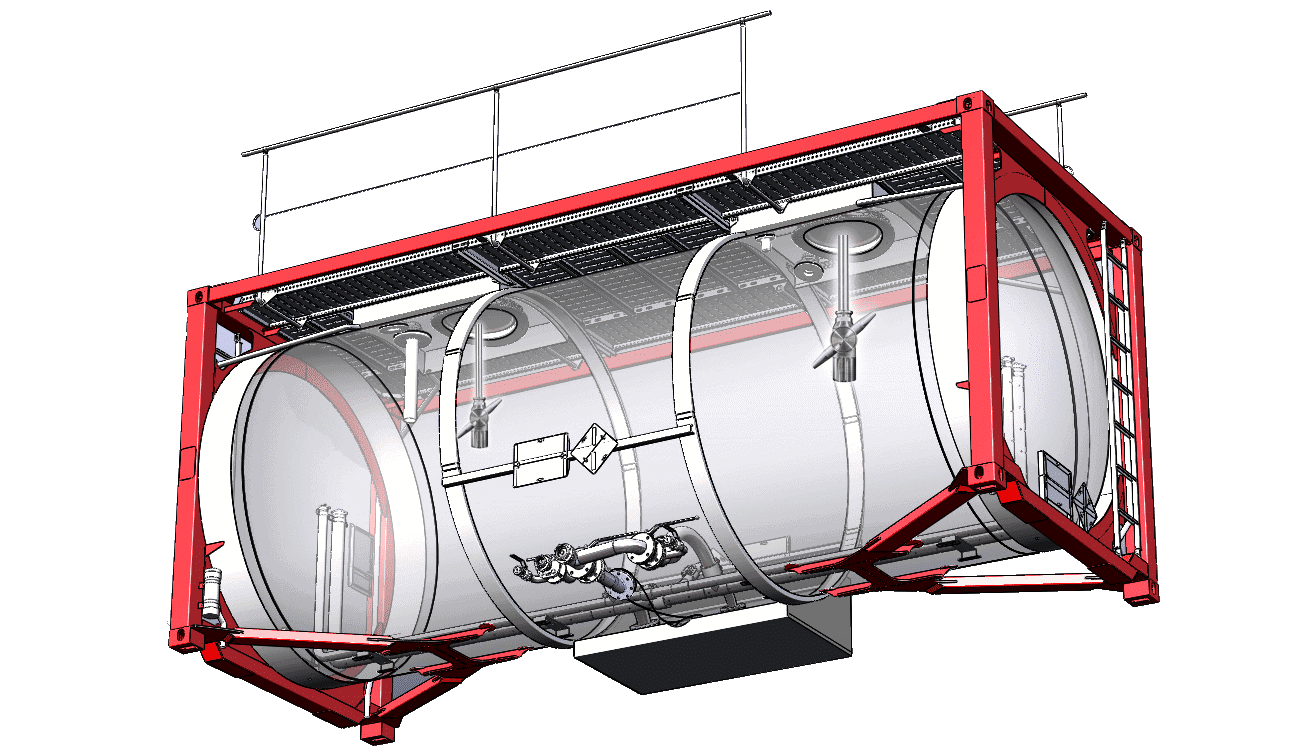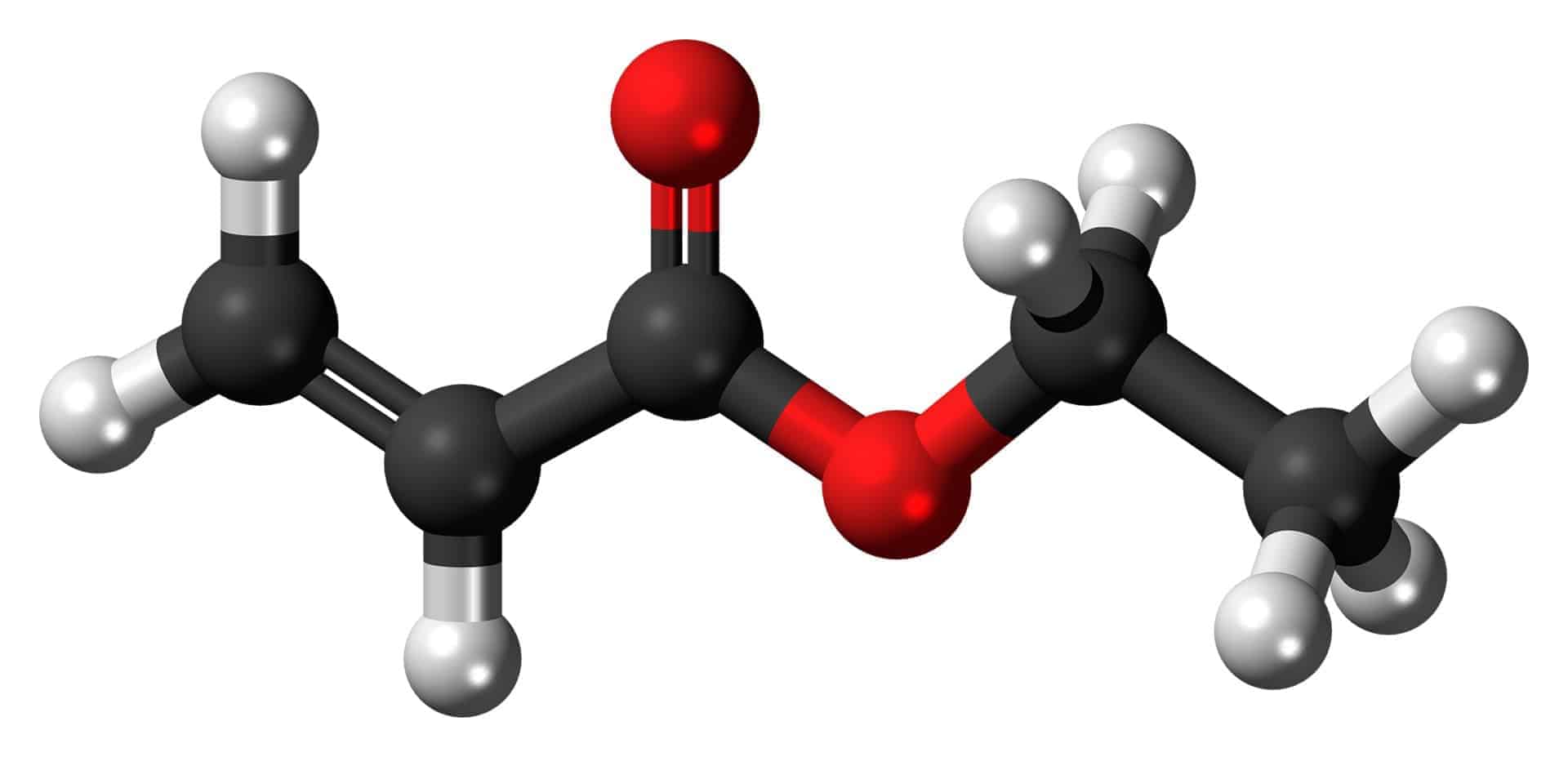Articles

Get the latest insights and techniques on tank wash solutions to positively affect your P&L statement, working safer, with minimum environmental impact.
Take a little time to read some of our articles and watch some of our videos. Often they will be topics that you are familiar with. But every once in a while you may grab a pearl of wisdom with your name on it.
Did You Know About The 18° Rule?
Did you know, as a general rule, that increasing the temperature of a chemical reaction 18°F (10°C) effectively doubles the rate of that reaction.In more practical terms, if you are cleaning at 150° F and it takes an hour to complete
Read MoreDid You Know – That Caustic Alone Is Not All That Effective A Cleaner?
Caustic is a powerful chemical that can be used to remove a variety of soils, especially fats and certain chemicals that are degraded by it. However, there are chemicals (such as petroleum oils) that it cannot attack, and adding more caustic to the wash will not make it work any more effectively in their removal.
Read MoreThe Easiest Way To Break An Emulsion
That’s right. Don’t form it in the first place. This is especially applicable to operators cleaning tanks that contained lube oils and lube oil additives, because, once an emulsion is formed, skimmers, separators, and other oil separation equipment is basically useless.
Read MoreDid You Know That Acrylates Are “Easy-Cleans”?
Did you know that tanks that have been used to carry acrylic polymers and latexes are often cleaned with caustic and steam? Many acrylates are chemical compounds known as ESTERS.
Read More[video] No Doubt Truck Wash Cleaning Solution
[video] No Doubt Truck Wash Cleaning Solution John-Henry’s proprietary formula, No Doubt,...
Read More





![[video] No Doubt Truck Wash Cleaning Solution](https://john-henry.com/wp-content/uploads/2012/12/no-doubt-thumbnail.jpg)